Swiss German is any of the Alemannic dialects spoken in the German-speaking part of Switzerland and in some Alpine communities in Northern Italy bordering Switzerland. Occasionally, the Alemannic dialects spoken in other countries are grouped together with Swiss German as well, especially the dialects of Liechtenstein and Austrian Vorarlberg, which are closely associated to Switzerland's.

Ricarda Huch was a pioneering German intellectual. Trained as an historian, and the author of many works of European history, she also wrote novels, poems, and a play. Asteroid 879 Ricarda is named in her honour. She was nominated for the Nobel Prize in Literature seven times.

Adrian von Bubenberg was a Bernese knight, military commander and mayor (Schultheiss) of Bern in 1468-1469, 1473-1474 and 1477-1479. In Switzerland, he is remembered as the hero of the Battle of Murten.
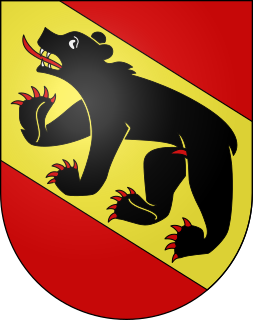
The coat of arms of Bern, along with the associated flag and heraldic colours, are used both by the Swiss city of Bern and by the canton of the same name. They were also used by the former district of Bern until its abolition in 2009.
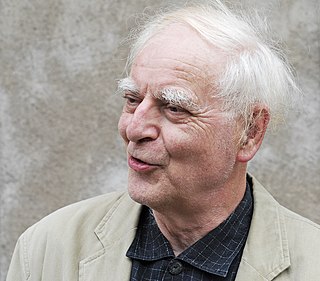
Adolf Muschg is a Swiss writer and professor of literature. Muschg was a member of the Gruppe Olten.

Niklaus Manuel Deutsch, of Bern, was a Swiss artist, writer, mercenary and Reformed politician.

Christoph(er) Paudiß was a Bavarian Baroque painter and a student of Rembrandt van Rijn.

Josef Anton Maximilian Perty was a German naturalist and entomologist. He was a professor of zoology and comparative anatomy at the University of Bern. His first name is sometimes spelled as "Joseph".
Fritz Dietrich was a German musicologist and composer.
August Friedrich Thienemann was a German limnologist, zoologist and ecologist. He was an associate Professor of Hydrobiology at the University of Kiel, and director of the former Hydrobiologische Anstalt der Kaiser-Wilhelm-Gesellschaft at Plön.
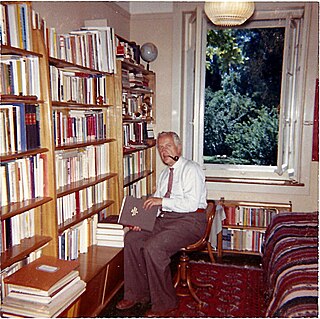
Hans Martin Sutermeister was a Swiss physician and medical writer, politician, and activist against miscarriages of justice.
Karl Ballmer was a Swiss painter, anthroposophical philosopher, and writer.
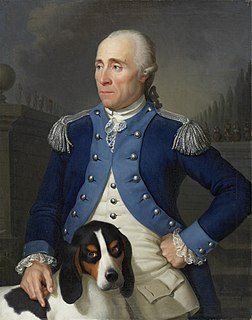
Franz Rudolf Frisching (1733–1807) was a Bernese patrician, officer, politician and industrialist.
Carl Franz van der Velde was a German author of historical novels.
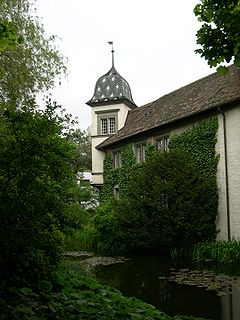
The Altes Schloss Bümpliz is a castle in the section of Bümpliz-Oberbottigen in the city of Bern of the canton of Bern in Switzerland.
'Herbert Hahn' was a German teacher and Anthroposophist

Marc Louis Benjamin Vautier was a Swiss genre painter and illustrator.
In legend and in the early historiography of Switzerland there is an account of a migration of a population of Swedes and Frisians settling in the Swiss Alps, specifically in Schwyz and in Hasli (Schwedensage).

Philipp Wasserburg was a German Roman Catholic writer, publicist and member of the parliament of Hesse. He wrote under the pseudonym Philipp Laicus.
Livia Anne Richard' is a Swiss theater director and author.



















